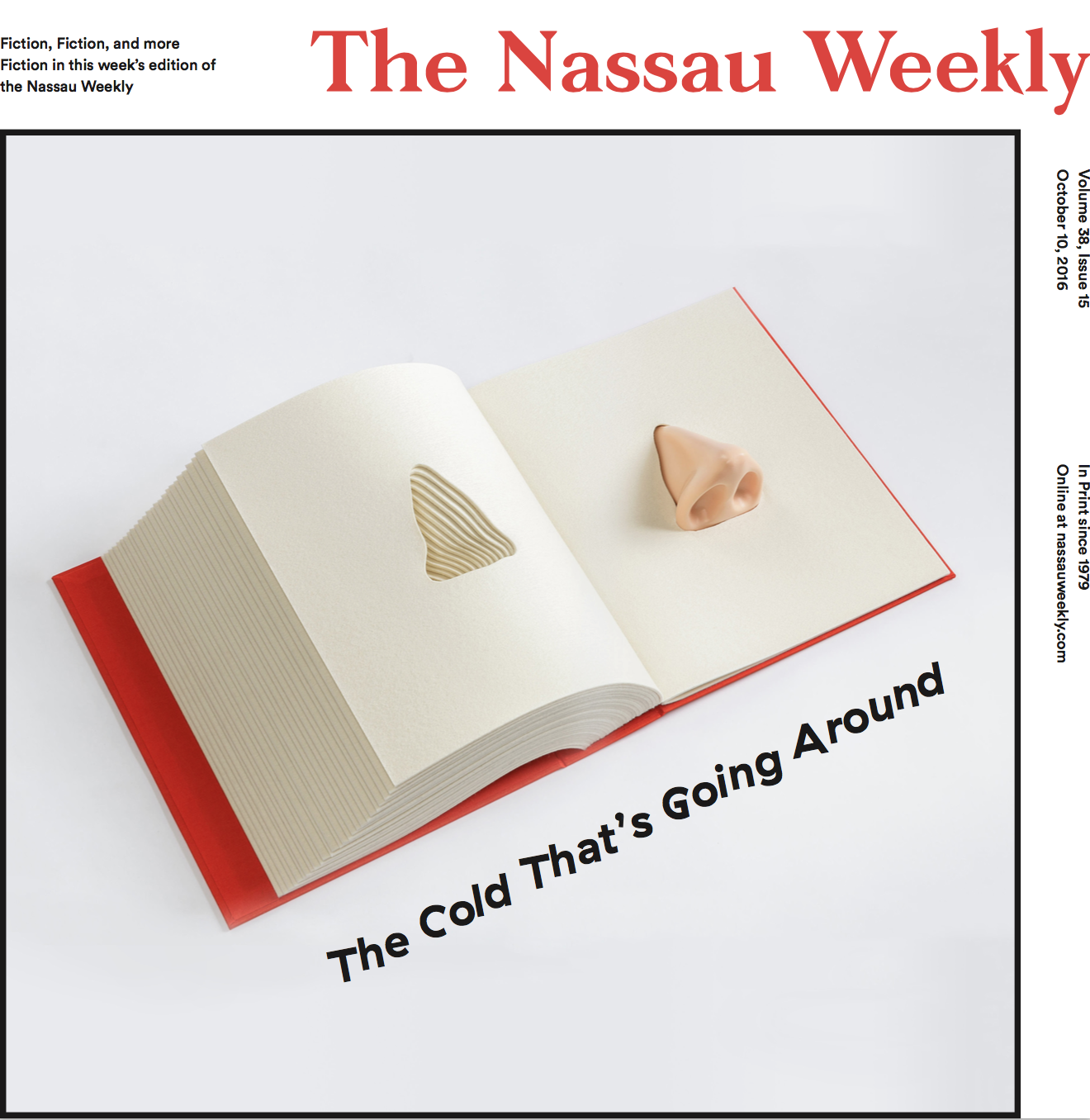at a bookstore, and you realize you’ve only ever seen
“Foucault” on a syllabus. Reach for a hardcover book with his name
sprawled across the top. It’s only natural,
you consider, to be drawn in by philosophers whose
names you once pronounced phonetically. To believe
something personal lies etched in the epigraph, a dedication to your
curiosity, as if Foucault knew you’d try packing for a trip and get
overwhelmed, then quit and find yourself
here, in a bookstore, in a suburb.
No one ever asks why you came to a bookstore,
or why the patrons walk the aisles in yawning steps,
surveying the last names on books they’ll never buy, wasting
moments in a store whose job it is to stand still.
Maybe they all came here from dire conditions, escaping bombs
and fights with partners or pressing deadlines (the neurotic ones
escaping global warming and collision with another planet).
Fleeing disaster to find a quiet comfort in the curlicue
on an author’s name; in rare cases in the portrait on the cover that half-
stares back. A knowing glance, a familiar letter. As if for centuries
bookstores have stood in a fortitude against metaphysics,
hedged up against the watershed of time, swallowing its every
verse, and storing it in the pages of a book, sorting its chronology
in a most logical possibility: down to the order of the alphabet.

Leave a Reply